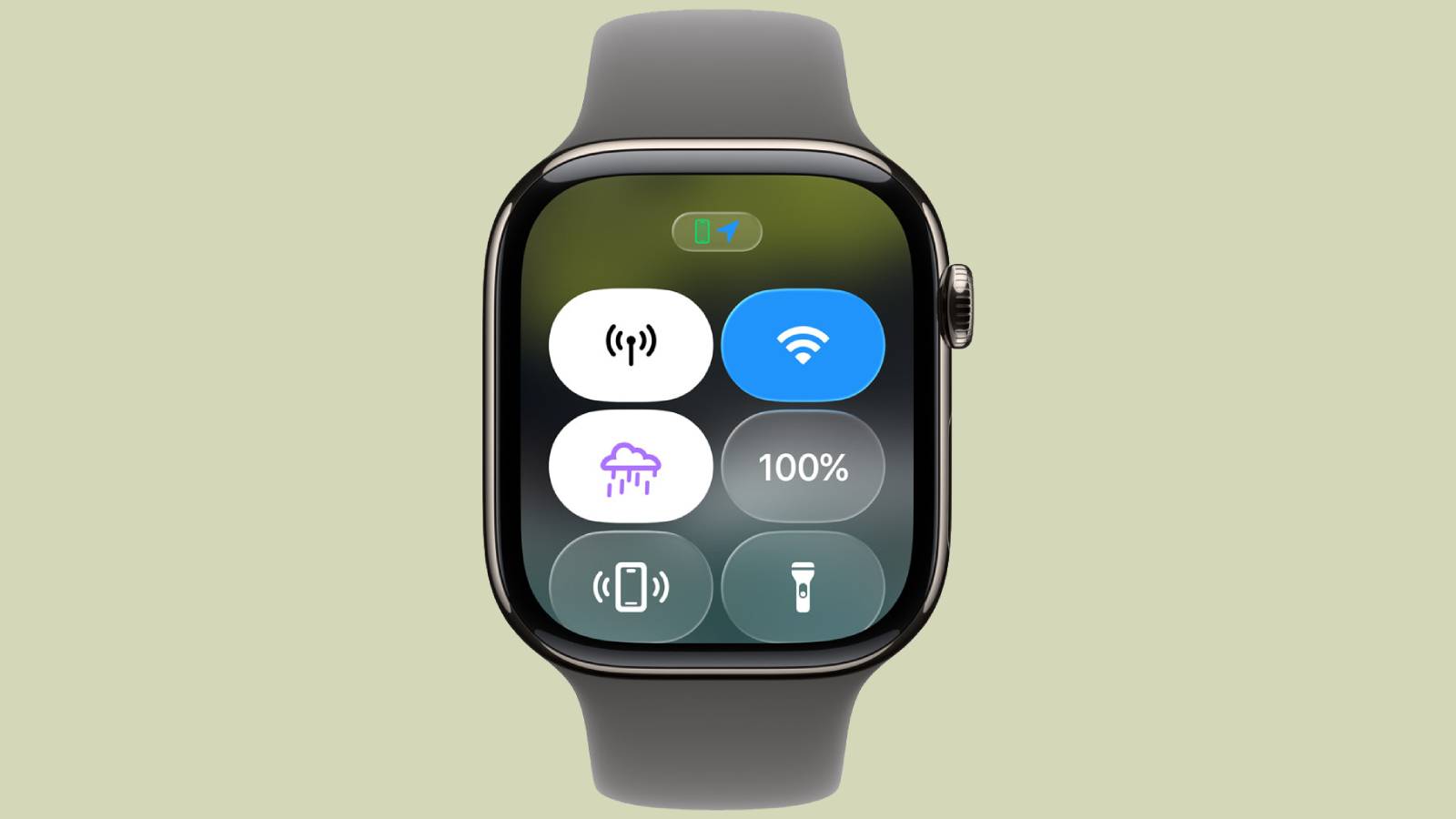FBI says crypto scams cost more money than ransomware
[[{“value”:”
Hackers are stealing more money through romance scams and confidence scams, than ransomware attacks, the FBI claimed in its latest report.
However, the data provided by the law enforcement authority seems to be somewhat skewed.
According to a report on The Register, the FBI said that last year people were scammed out of $4.57 billion in various cryptocurrencies, all through different social engineering scams. That represents a 38% increase compared to the year before, when $3.31 billion was stolen.
Ransomware in the millions
Most of the time, the fraudsters would impersonate an attractive female and engage in weeks-long conversations with their victims. At one point, they would suggest joint investing in cryptocurrencies, or something similar, and would suggest an app, or a crypto platform which is usually fake and under the attackers’ control.
The fraudsters would try to keep the scam going for as long as possible, getting the victims to “invest” as much as they can, and even showing fake “gains” or money earned. Until, at one point, they try to withdraw their funds.
At that point, the scammers proceed to phase two, impersonating the app’s customer support, getting the victim to pay a “fee” to withdraw the funds. Those desperate enough will try, and lose even more.
Compared to romance scams, ransomware attacks pulled a “miniscule” $59.6 million. This information, the FBI agrees, probably isn’t the most accurate representation of the state of ransomware, as it doesn’t include the cost of downtime for businesses, and only includes ransomware incidents reported to the Internet Crime Complaint Center (IC3).
“Regardless of whether you or your organization decided to pay the ransom, the FBI urges you to report ransomware incidents to the IC3. Doing so provides investigators with the critical information they need to track ransomware attackers, hold them accountable under U.S. law, and prevent future attacks,” the FBI concluded.
More from TechRadar Pro
AT&T denies leaked data of 70 million people is from its systemsHere’s a list of the best firewalls around todayThese are the best endpoint security tools right now
“}]]







